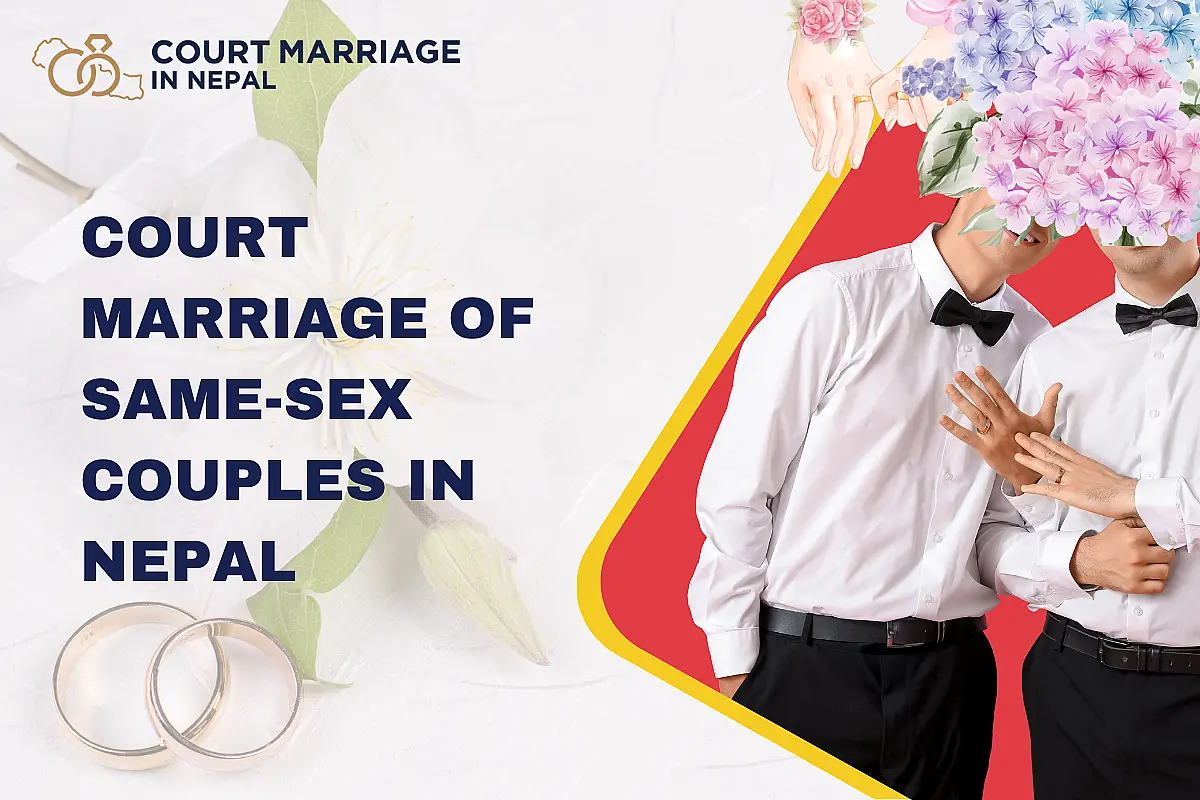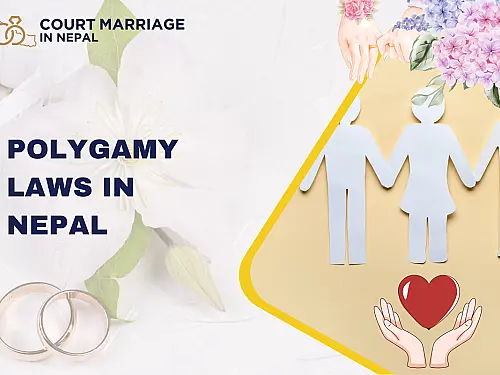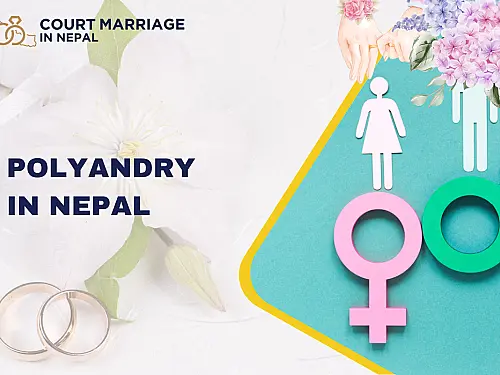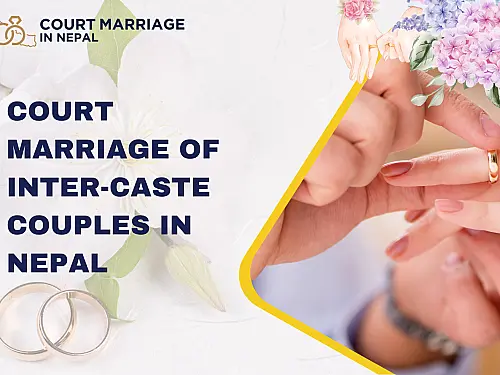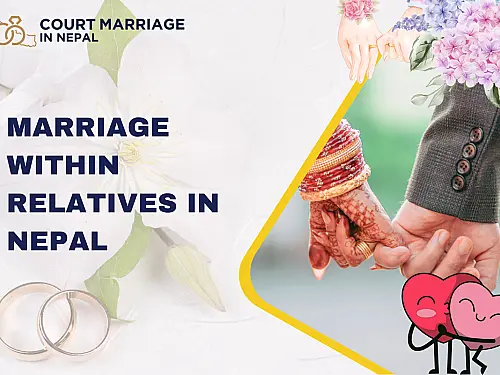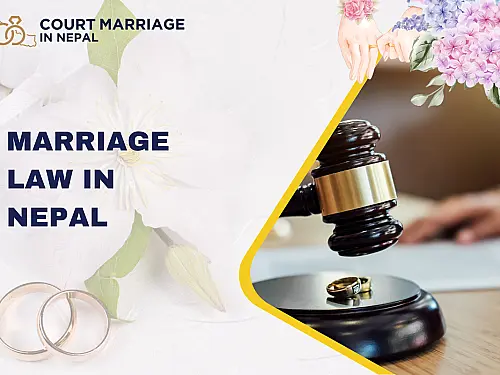Same-sex marriage (Nepali: समलिङ्गी विवाह pronounced [samlɪŋgi bibaː]) is a type of marriage that is done between two people of the same sex. Nepal has a diverse and vibrant LGBTQIA (lesbian, gay, bisexual, transgender, queer, intersex, and asexual) community and has been regarded as a leader on LGBTQIA rights in South Asia. However, same-sex marriage still remains illegal in the country.
Legal status
In 2007, the Supreme Court of Nepal ordered the government to legally recognize same-sex marriage and to form a committee to study same-sex relationship recognition laws around the world. The committee submitted its report in 2015, recommending a five-step plan to allow same-sex couples and non-cisgender individuals to get married in Nepal. The plan included:
- Amending the Civil Code to include a definition of marriage as a union between two consenting adults regardless of their sex or gender identity;
- Amending the Citizenship Act to allow same-sex spouses to obtain Nepali citizenship by descent or naturalization;
- Amending the Foreign Employment Act to allow same-sex spouses to receive benefits and facilities as dependents of migrant workers;
- Amending the Social Security Act to include same-sex spouses as beneficiaries of social security schemes; and
- Enacting an anti-discrimination law to protect LGBTQIA people from discrimination and violence based on their sexual orientation or gender identity.
However, the government has not yet acted upon the report or implemented the court's order. The Constitution of Nepal (2015), which was expected by some to include the right to same-sex marriage, did not explicitly mention it in the final draft ratified by the Constituent Assembly. The constitution does, however, include several provisions pertaining to LGBTQIA rights, such as:
- Listing LGBTQIA people as a recognized disadvantaged group;
- Guaranteeing the right not to be discriminated against on the basis of gender or sexual orientation;
- Using gender-neutral terminology throughout the document; and
- Recognizing the right to have citizenship ID that reflects one's gender identity.
The Civil Code (2017) also provides some legal protection for LGBTQIA people, such as:
- Prohibiting any kind of discrimination or violence against LGBTQIA people;
- Recognizing the right to change one's name and gender marker on official documents; and
- Allowing LGBTQIA people to adopt children under certain conditions.
In 2023, the Supreme Court of Nepal reiterated its order to recognize same-sex marriage in a case brought by a gay couple – Adheep Pokhrel, a Nepali citizen, and Tobias Volz, a German citizen – who were legally married in Germany but denied a non-tourist visa for Volz by Nepali authorities. The court instructed the government to grant Volz a non-tourist visa and to urgently consider the 2015 court-ordered report.
Challenges
Despite the legal provisions and court orders, same-sex marriage still faces many challenges in Nepal. Many families and communities do not accept or support same-sex relationships and marriages because they consider them against their culture, religion, or tradition. According to research done by Blue Diamond Society, an LGBTQIA rights organization in Nepal, same-sex couples often face harassment, ostracism, blackmail, threats, and violence from their families and society. Additionally, many LGBTQIA people face difficulties in accessing education, health care, employment, housing, and other services due to their sexual orientation or gender identity.
There have been several incidents of violence and killings against LGBTQIA people in Nepal. For example, in 2008, a lesbian couple – Rukmini Chaudhary and Saraswati Chaudhary – who eloped were killed by their relatives in Dhanusha district. In 2019, a transgender woman – Junu Gurung – was murdered by her boyfriend in Kathmandu.
However, there are also some positive signs of change and acceptance in Nepali society. Some same-sex couples have received support and recognition from their families and communities. Some NGOs and media outlets have also been raising awareness and advocating for same-sex marriages. Some celebrities and politicians have also set examples by coming out as LGBTQIA or supporting LGBTQIA rights.
Conclusion
Same-sex marriage is a complex and sensitive issue in Nepal that involves legal, social, cultural, and personal aspects. While same-sex marriage is a fundamental right of LGBTQIA people, it still remains illegal and unaccepted in Nepal. The government needs to implement the court's orders and the committee's recommendations to ensure legal recognition and protection for same-sex couples and non-cisgender individuals. The society also needs to overcome its prejudices and stereotypes and embrace diversity and inclusion. Same-sex marriage is not only a matter of law, but also a matter of love, dignity, and equality.
At Court Marriage In Nepal, a registered law firm operating as Court Marriage In Nepal Pvt. Ltd., we specialize exclusively in Court Marriage Nepal. As the first law firm in Nepal dedicated to court marriage services, we assist both Nepali citizens and foreign nationals with the court marriage registration process in Nepal, including complete legal support for court marriage registration for foreign citizens in Nepal. As a trusted marriage firm in Nepal and a licensed law firm in Nepal, we ensure a smooth, lawful, and stress-free experience. Contact us today for confidential assistance with court marriage registration in Nepal.

